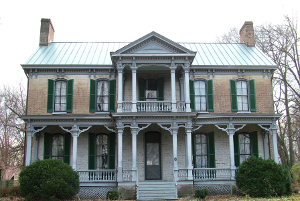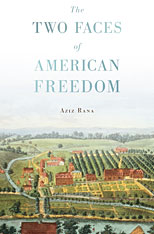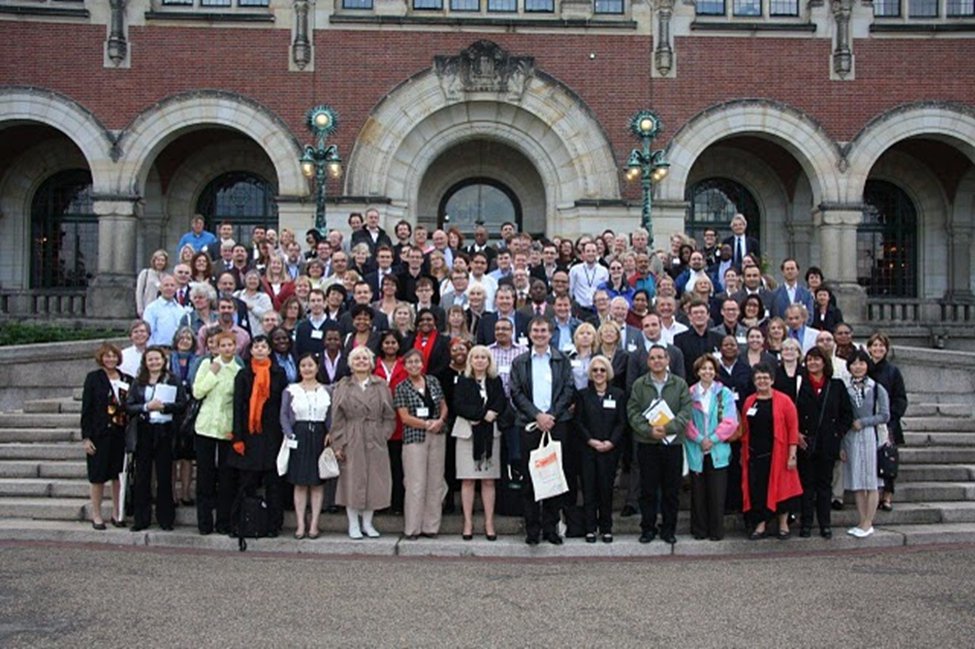 Enter our research competition to win a $25 gift card to the Cornell Store! The rules are easy: email the answer to the question below to me (imh24@cornell.edu) by midnight on October 31, 2010. We will draw a winner from the pool of correct answers next week and announce it on the blog. Everyone who enters wins a fun-size candy bar.
Enter our research competition to win a $25 gift card to the Cornell Store! The rules are easy: email the answer to the question below to me (imh24@cornell.edu) by midnight on October 31, 2010. We will draw a winner from the pool of correct answers next week and announce it on the blog. Everyone who enters wins a fun-size candy bar.
The Problem:
The town of Sleepy Hollow has an old mansion named “Rosebud.” Rosebud was the family home of the Voorhees family, who during their heyday hosted the most extravagant parties and balls in the county. The family was known for expensive tastes, furnishing Rosebud with elaborate chandeliers and paintings and once having flowers flown in from Brazil for a daughter’s sixteenth birthday party. But over the years, the family gradually died off until only Samara Voorhees was left. Uncomfortable living alone in the large house, she locked up Rosebud and moved to Panama to live off the family’s remaining money on a small island. The house has been empty for 42 years, and neighborhood children now tell stories about the ghosts that supposedly haunt the house—a headless cat that sneaks up on you from behind and rubs against your legs, and Uncle Earl whom the family imprisoned in the attic for twenty years, eventually starving him to death, because they were embarrassed by his Tourette’s Syndrome, and he now takes revenge on the family by scaring anyone who tries to come near his attic.
Three local teenagers decide to test the ghost stories on Halloween to see if they are true, Ghost Hunters-style, arming themselves with cameras, snacks, and baseball bats. Entering the house at 11 p.m. and finding everything quiet, the boys begin smashing one of the chandeliers by throwing their baseball bats at the ceiling. The noise of a squeaking door upstairs finally scares the boys away.
The next morning Sleepy Hollow police receive a tip that the front door of Rosebud is wide open, swinging and banging in the wind. Upon investigation, the police discover the damaged chandelier and one baseball bat labeled with a boy’s name. The police interview the boy, who quickly confesses under the pressure and gives up the names of his compatriots in crime.
Back in Panama, Samara Voorhees, who regularly checks the Web site of the Sleepy Hollow Herald, learns of the damage to her chandelier and has her attorney file a lawsuit against the parents of the boys. In court the parents argue they should not be held liable because the boys believed that Rosebud was abandoned, but they lose. A judgment is entered against them for $46,793.15.
Locate the factually similar case that inspired the above the story. Send me the name of the case and the citation in the regional reporter by midnight on Sunday, October 31 for a chance to win a $25 Cornell Store gift card.







